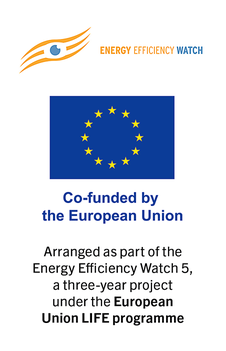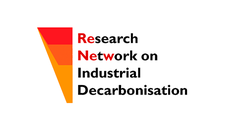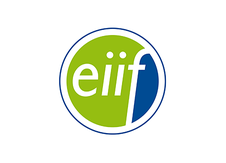Search eceee proceedings
GHG neutral pathways for the German chemical industry
Panel: 6. Deep decarbonisation of industry
Authors:
Florian Ausfelder, DECHEMA e.V., Germany
Alexis Bazzanella, DECHEMA e.V., Germany
Alexander Möller, DECHEMA e.V., Germany
Roland Geres, FutureCamp, Germany
Andreas Kohn, FutureCamp, Germany
Sebastian Lenz, FutureCamp, Germany
Abstract
The chemical industry is globally one of the most energy intensive industries in existence. Next to process emissions and energy related emissions, the chemical industry transforms its carbon-based feedstock into products that will eventually also release CO2-emissions into the atmosphere. A recent study on the German chemical industry, for the first time explicitly takes these emissions into account.
Three possible pathways for the German chemical industry are developed:
• The reference pathway includes efficiency gains and changes for heat & power generation, both inside and outside the chemical industry.
• The technology pathway introduces new technologies when they meet criteria on TRL, produce GHG emission savings and cost parity with respect to conventional technology. Implementation of new technologies is limited by available electricity and investment.
• The GHG-neutrality pathway implements new technologies as soon as GHG emissions savings are acheived and there are no limits on investment or electricity availability.
New technologies are significantly implemented only beyond 2030 due to the high emission factor of German grid electricity and efficient fossil fuel use within the chemical industry. Sensitivity analyses show a stronger dependence of new technology implementation on electricity and fossil fuel prices than on CO2-prices and economic parameters.
A microeconomic view is chosen to evaluate the overall development of energy demand, GHG-emissions, costs and investments. Furthermore, developments of different carbon feedstock; fossil, biomass, plastics from mechanical and chemical recycling, CO2 as well as electricity and hydrogen are discussed. The required overall electricity demand reaches the level of current German power generation within the GHG neutrality pathway and a significant demand for CO2 as carbon feedstock is derived. Additional investment reaches cumulative 68 bill. € in 2050.
Downloads
Download this presentation as pdf: 6-022-20_Ausfelder_pre.pdf














